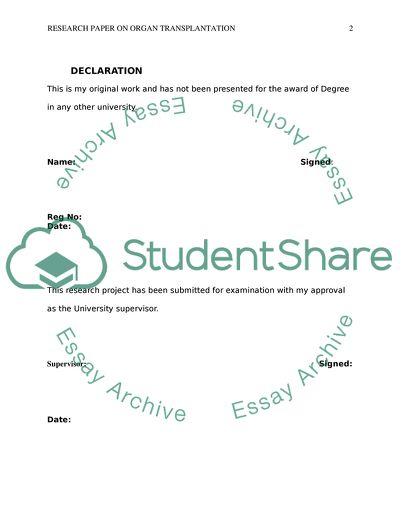Cite this document
(The Attitude of York University Students With Regard To Medical Research Paper, n.d.)
The Attitude of York University Students With Regard To Medical Research Paper. https://studentshare.org/health-sciences-medicine/1769441-the-attitude-and-action-of-york-university-students-with-regard-to-medical-transplant-and-organ-donation
The Attitude of York University Students With Regard To Medical Research Paper. https://studentshare.org/health-sciences-medicine/1769441-the-attitude-and-action-of-york-university-students-with-regard-to-medical-transplant-and-organ-donation
(The Attitude of York University Students With Regard To Medical Research Paper)
The Attitude of York University Students With Regard To Medical Research Paper. https://studentshare.org/health-sciences-medicine/1769441-the-attitude-and-action-of-york-university-students-with-regard-to-medical-transplant-and-organ-donation.
The Attitude of York University Students With Regard To Medical Research Paper. https://studentshare.org/health-sciences-medicine/1769441-the-attitude-and-action-of-york-university-students-with-regard-to-medical-transplant-and-organ-donation.
“The Attitude of York University Students With Regard To Medical Research Paper”. https://studentshare.org/health-sciences-medicine/1769441-the-attitude-and-action-of-york-university-students-with-regard-to-medical-transplant-and-organ-donation.


